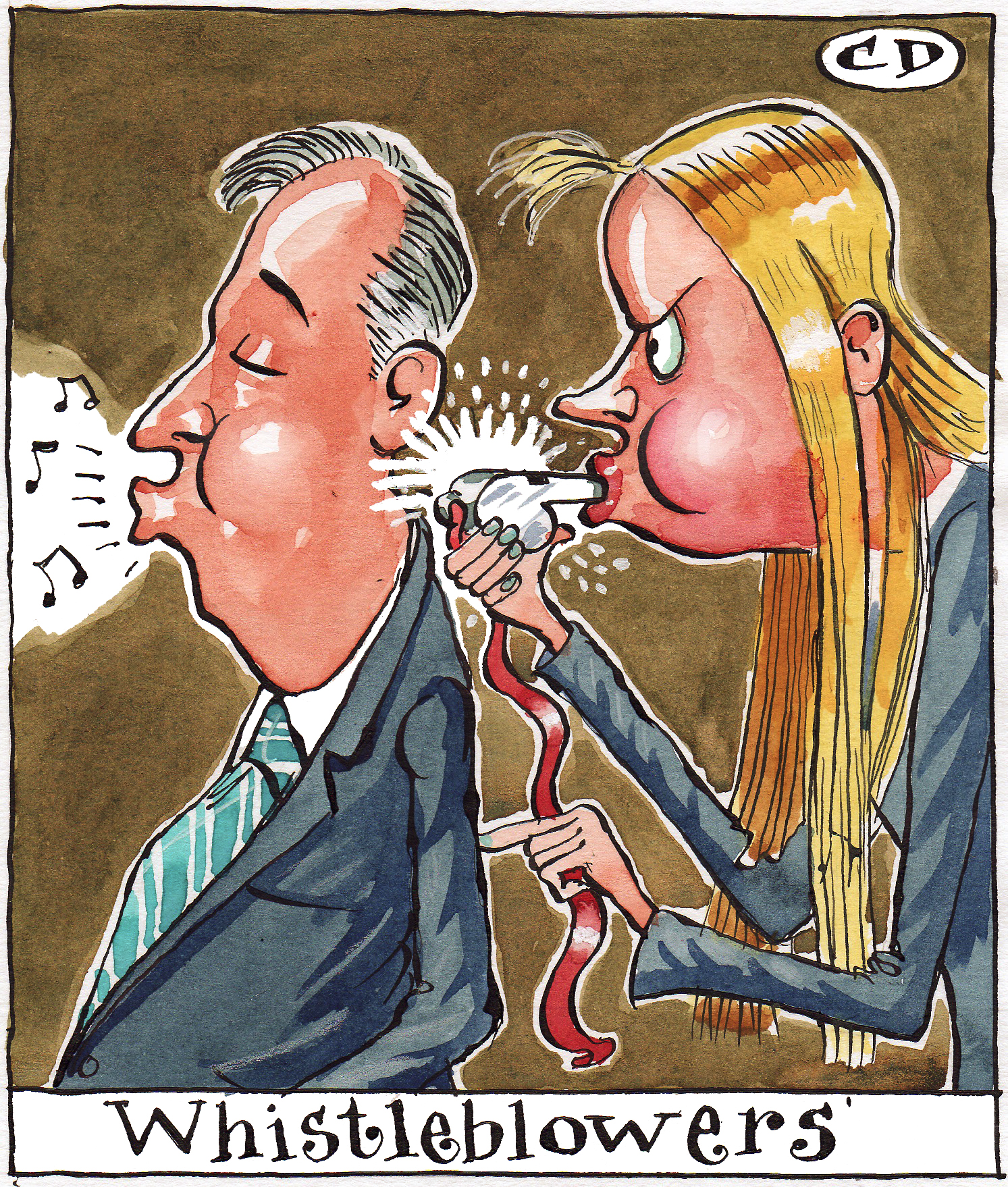The Importance of Listening to Whistleblowers in Healthcare and Business
In February 2017, a collective of seven consultant doctors sent a formal letter to a colleague at the Countess of Chester Hospital. The message expressed their regret for any inappropriate remarks made during a troubling time, stating, “We are very sorry for the stress and upset that you have experienced in the last year.”
The letter was addressed to Lucy Letby, a nurse who, at that point, had taken the lives of seven infants and had attempted to harm seven others. The motivations behind Letby’s actions remain a mystery, sparking disbelief among some who refuse to accept her guilt.
This week, the publication of *Unmasking Lucy Letby*, a book by BBC journalists Jonathan Coffey and Judith Moritz, offers a gripping account of the internal strife at the hospital but may fall short in illuminating Letby’s psychological state. The narrative effectively captures the erosion of trust among various factions within the hospital—a crucial read for anyone in management.
On one side, a faction of consultant doctors began raising alarms about the disturbing correlation between unexpected neonatal deaths and Letby’s presence during those shifts. Dr. Stephen Brearey initiated these concerns back in July 2015 after only three tragic deaths came to light. Conversely, senior hospital management seemed unwilling to consider the possibility that one of their own could be responsible for such heinous acts. According to Coffey and Moritz, the priority for management appeared to be simply moving forward, leading to the absurdity of the consultants having to apologize to Letby.
This book is timely as it underscores a broader trend within British institutions where managers often prefer to ignore workplace scandals rather than heed whistleblowers, regardless of how discomforting their claims might be. The Post Office scandal stands out as particularly shocking, yet similar issues arose at the BBC, which could have mitigated the Huw Edwards situation had they taken earlier complaints seriously and shown curiosity towards potential misconduct during *Strictly Come Dancing*.
Last month, *Ethics at Work*, a triennial report by the Institute of Business Ethics (IBE), revealed troubling statistics: 25% of 12,000 surveyed employees admitted witnessing misconduct or illegal activities at work over the previous year, a notable increase from 18% in 2021. When asked about the ethics of their organization, 26% responded affirmatively that they experienced an unethical culture, up from 18% three years prior.
Patrick Daws, the group ethics and compliance officer at Mott MacDonald, emphasized the severity of the ethical crisis, referencing not just the Post Office and BBC scandals but also the exam cheating incident at KPMG Netherlands, which resulted in a significant financial penalty of £20 million.
The increase in reported wrongdoing raises questions about the state of corporate honesty over the past three years. One theory suggests that remote work has diminished the collegial atmosphere, making it easier for unethical practices to go unnoticed. Interestingly, employees working from home reported being less likely to blow the whistle on misconduct; without close interactions with colleagues, they may not witness unethical actions like expense fraud or bullying.
Nevertheless, there’s evidence that a greater number of individuals are willing to speak out. In the UK, there has been an increase in the readiness to report misconduct, with 63% of those aware of wrongdoing stating they would speak up, compared to 51% in 2012.
This shift can be attributed to newer generations entering the workforce, who show less tolerance for behaviors that were once deemed acceptable. While this is an encouraging trend—especially regarding the reduction of casual misogyny and intimidation—it hasn’t equated to sweeping improvements in ethical standards. Issues like fraud and harassment persist, and whistleblowers frequently find their concerns unaddressed.
The IBE advocates for the establishment of clearly defined corporate ethical policies, outlining acceptable practices, the necessity for gift declarations, conflict of interest parameters, and secure channels for employees to report concerns without fear of reprisal.

Though one would hope such measures would be intuitive, Will Clayton, a partner at Constantine Law specializing in employment law, noted that ineffective communication is often at the root of workplace disputes. He supports any initiatives that enhance clarity regarding expected standards of conduct.
The rising number of employment tribunals appears to correlate with the increased dissemination of corporate ethics policies, frequently labeled “Doing the Right Thing.” While such documents may be straightforward to draft, adherence becomes challenging when whistleblowers are perceived as troublemakers. It is essential for thriving organizations to actively encourage employees to question unethical practices and foster an environment where such concerns are taken seriously.




Post Comment